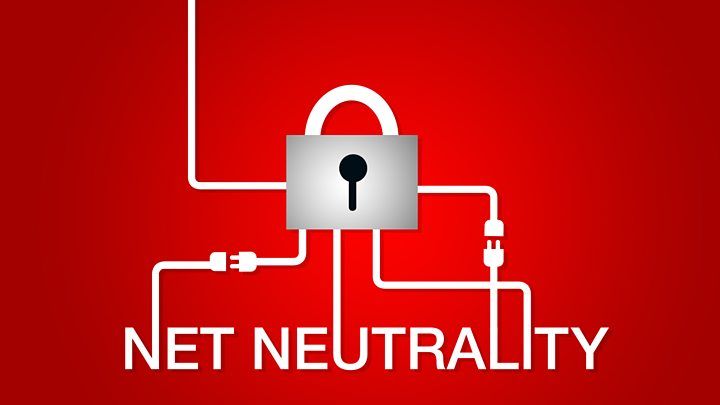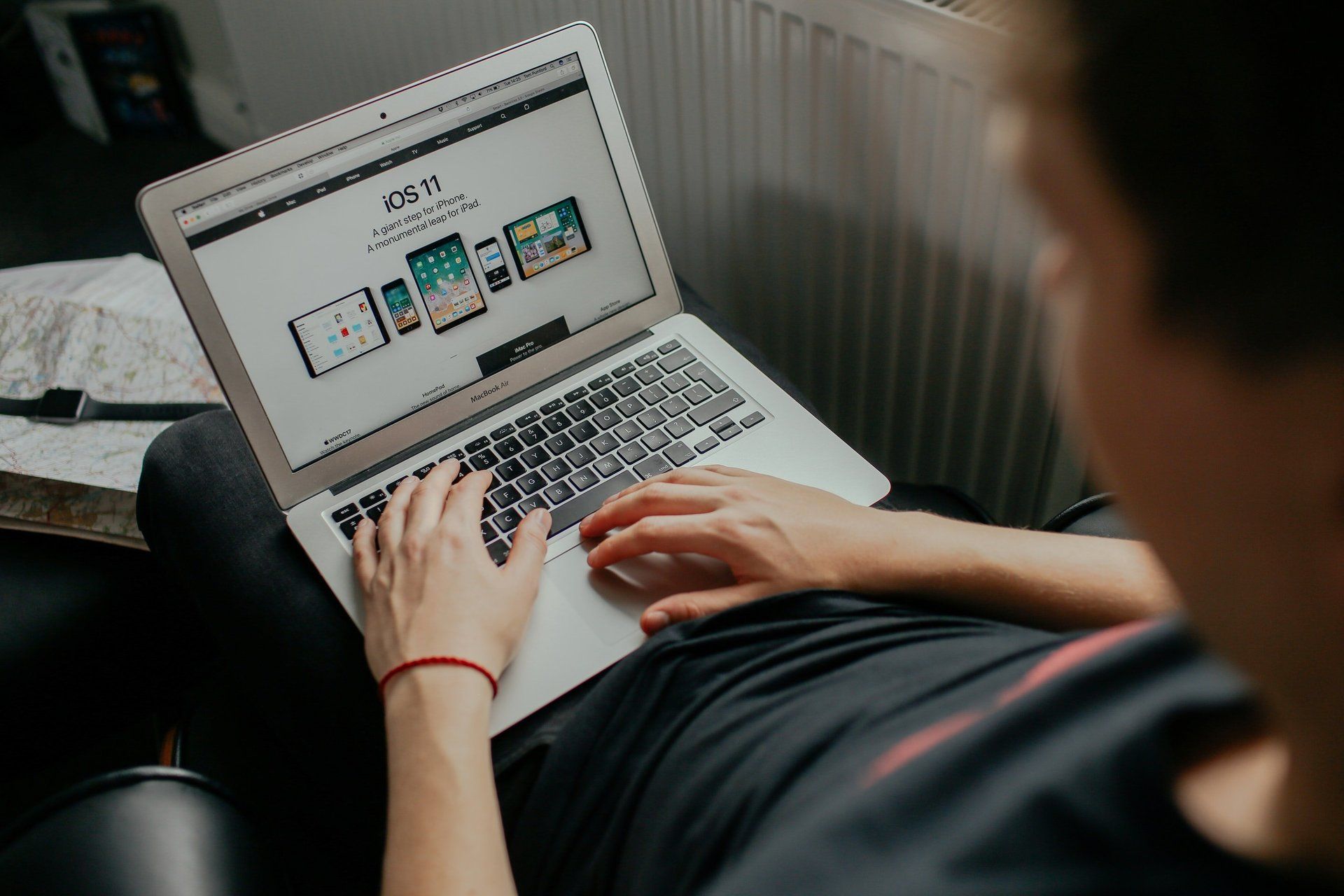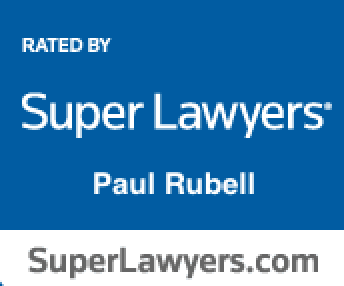Why did Facebook block you?
- By Paul Rubell
- •
- 20 Apr, 2016
Today, more and more Facebook users are temporarily blocked from accessing their accounts. This is mystifying to so many people who know that they have not engaged in improper online conduct. How can this be? What is going on? Why am I being blocked?
Keep in mind: Facebook is a corporation that sets its own ground rules and regulations about how its customers participate on its social media platform. Each of us is a “customer,” not really a “user,” of the giant social media engine. From Facebook’s perspective, we are simply cash that rings its cash register.
From a legal perspective, none of us has any inherent right to use Facebook, Twitter or the other platforms. We are granted a license, which is nothing more than a privilege to use the site and its features and functionality. Facebook can revoke the license for innumerable reasons. Facebook has a seemingly endless set of rules, policies and requirements that regulate your use of its site and the enormous number of third-party applications that are deployed on the Facebook platform.
If Facebook determines that you have violated or even pushed the envelope of its guidelines and rules, you may be surprised to find that the next time you log on, you are restricted in accessing your account, or perhaps blocked from using at least some of the social features that you enjoy using the most.
A word about mathematics:
With more than a billion online users in total and hundreds of millions at any one time, it would be truly impossible for live Facebook employees to monitor each user’s account. Facebook’s personnel cannot keep up with the roar of the crowd. For this reason, Facebook uses mathematical algorithms to test and determine what features and how many resources are being used by each user’s account at any moment in time. We can scarcely imagine the complexity of the computers and software code that Facebook’s engineers have developed to try to gauge how you are managing, using and maybe abusing your account.
We all know that math does not lie and that 2+2 always equals 4. The certainty of mathematics does not apply to the equations that Facebook uses. Instead, Facebook relies on probability theory as it tries to create markers and make predictions about what each user is doing at any given time, and whether or not the user is engaging in improper conduct or not.
There are three basic reasons why your account maybe blocked:
- Overuse of Facebook’s features and functionality.
- Copyright infringement.
- Abusive, harmful and illegal conduct.
This blog article addresses the first factor. How can someone overuse Facebook’s features? Isn’t over-use exactly what Facebook wants each of us to do: to use Facebook to its fullest potential, to engage other users and thereby increase Facebook’s profits? Sure, that is Facebook’s corporate goal, to deliver value to its shareholders.
However like every online service, there are limitations created by the Internet’s infrastructure. Bandwidth is a valuable and limited resource. Just as your local cable service provider will throttle your ability to upload and download data if you are uploading and downloading massive video and other files frequently, or that too many users in your household are sharing the same Internet signal.
Facebook faces a similar conundrum. Bandwidth is limited. Facebook gives us the ability to upload videos, music and other digital files. These files have grown immensely in size as technology has advanced. If Facebook’s computers determine a spike in your uploading activity, or that you are messaging many people at the same time or that you are reaching out to the new friend to request friend relationships in a short period of time, Facebook may take steps to halt your activity for a brief period of time. Most temporary blocks last from 20 minutes to a few days. Facebook is treating us like a small child whose kindergarten teacher tells her to sit in the corner facing the wall so that she can think about the bad things that she may have done that day in school.
Facebook has a wall too, and if you are creating too much activity on your wall, Facebook may want to give you a timeout.
So what can you do if Facebook blocks your account temporarily? The short and sad answer is the one that we all know to be true: you cannot do a darned thing about it. While your account is blocked, you should look at the rest of your account and you will probably be surprised to find out that there is still functionality available to you. Facebook typically blocks access to only that part of your account that is being used excessively, such as uploading videos.
A final remark: Facebook is definitely not Twitter or YouTube. The concept of viral retweets and videos are alien to Facebook. Whereas Twitter encourages the retweets, Facebook discourages the same thing. Your wall is for you to post on and for your friends to enjoy. Replicating walls and copying and pasting posts, especially over and over again, is not the Facebook model.
If you do not follow Mark Zuckerberg’s rules, he will put you in the corner and give you a timeout.










